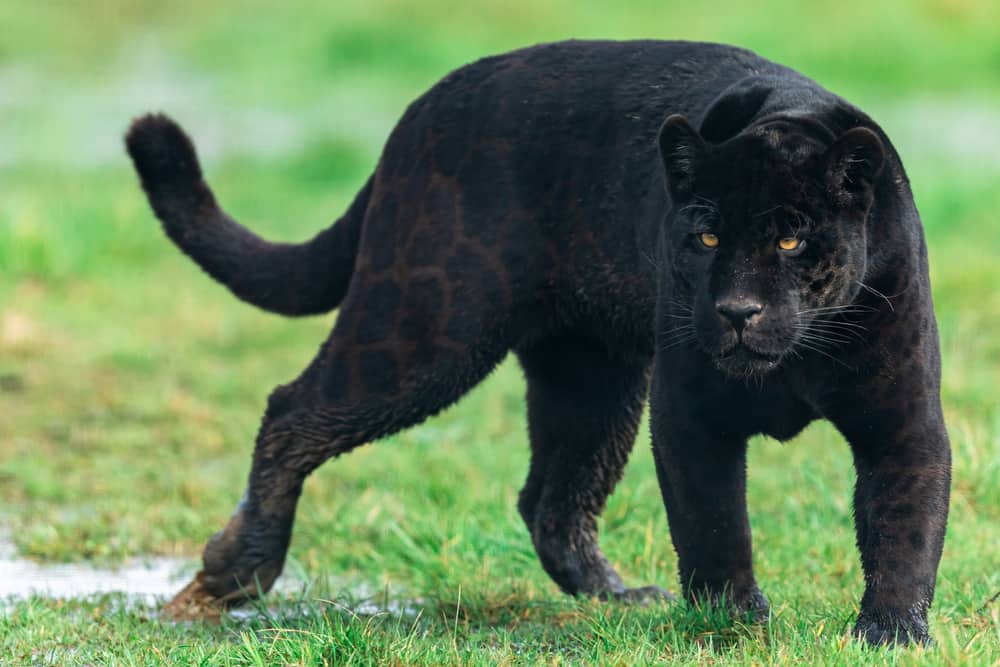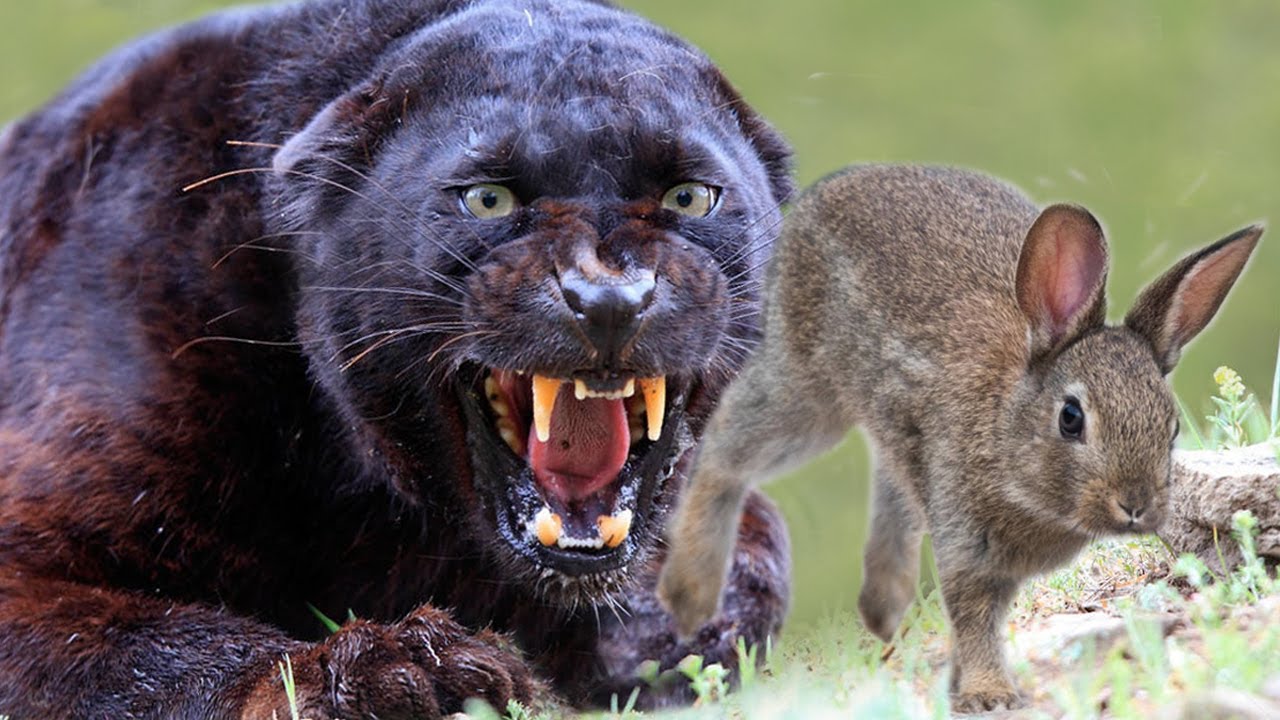The Speed of Black Panthers: How Fast Can They Run?
The majestic and powerful black panther, often associated with its enigmatic nature and sleek appearance, has long been a subject of fascination for both wildlife enthusiasts and casual observers. Among the many intriguing aspects of this remarkable creature, its speed stands out as a topic of curiosity. In this article, we delve into the world of the black panther and explore the question: How fast can black panthers run?
I. The Black Panther: A Marvel of Adaptation
1. An Overview of the Black Panther: The term "black panther" is often used to refer to a melanistic variant of big cat species, primarily leopards and jaguars. Their distinctive black coat, a result of a genetic mutation, sets them apart from their normally colored counterparts. Found in various parts of the world, from Asia to the Americas, black panthers are known for their adaptability and stealthy nature.

Black Panther
2. The Need for Speed in the Wild: In their natural habitats, black panthers have evolved to be efficient hunters and predators. Their speed plays a crucial role in their survival, allowing them to chase down prey and cover large distances in search of food. This need for speed has influenced their physical attributes and behavioral traits.
II. The Mechanics of Panther Speed
1. Muscular Build and Limb Adaptations: Black panthers possess powerful muscles and elongated limbs that contribute to their remarkable speed. Their muscular build enables them to generate swift bursts of acceleration, crucial for ambushing prey or escaping potential threats. Their limb adaptations, including strong and flexible leg bones, provide a unique advantage in maintaining balance and stability during high-speed pursuits.
2. Tail as a Balancing Act: The panther's tail serves a dual purpose: maintaining balance during rapid movements and aiding in directional changes. Its long and muscular tail acts as a counterbalance, allowing the panther to make sharp turns and sudden maneuvers without losing control.

Tail as a Balancing Act
III. Panther vs. Speed: Breaking Down the Numbers
1. Estimating Panther Speed: While there is limited concrete data on the exact top speed of black panthers, various studies and observations provide valuable insights. Experts believe that these felines can reach speeds of up to 50 to 60 kilometers per hour (31 to 37 miles per hour) in short bursts. Their acceleration is particularly impressive, allowing them to go from a standstill to high speeds in just a few seconds.
2. Comparative Speed in the Animal Kingdom: To put their speed into perspective, it's worth comparing black panthers to other animals renowned for their swiftness. Cheetahs, for example, are the undisputed speed champions, reaching astonishing speeds of 112 to 120 kilometers per hour (70 to 75 miles per hour). While black panthers can't match this level of velocity, their agility and adaptability in various terrains make them formidable predators.
IV. The Influences on Panther Speed
1. Habitat and Terrain: The speed of black panthers can vary based on their habitat and the terrain they navigate. In dense forests, their agility allows them to maneuver through obstacles effectively, while in more open areas, their speed can be a significant advantage.
2. Hunting Strategies and Prey: Panther speed is intricately linked to their hunting strategies and prey choices. They often rely on stealth and surprise, using their speed to close in on unsuspecting prey rapidly. Their ability to swiftly adapt to different prey and situations showcases their remarkable versatility.

Hunting Strategies
V. Conclusion
The question of how fast black panthers can run unveils a captivating exploration of their adaptations and survival mechanisms. While they may not reach the breathtaking speeds of cheetahs, their agility, power, and ability to swiftly navigate through their environments make them impressive predators in their own right. The mystery surrounding these enigmatic creatures continues to intrigue researchers and wildlife enthusiasts alike, inspiring a deeper appreciation for the intricacies of the animal kingdom.